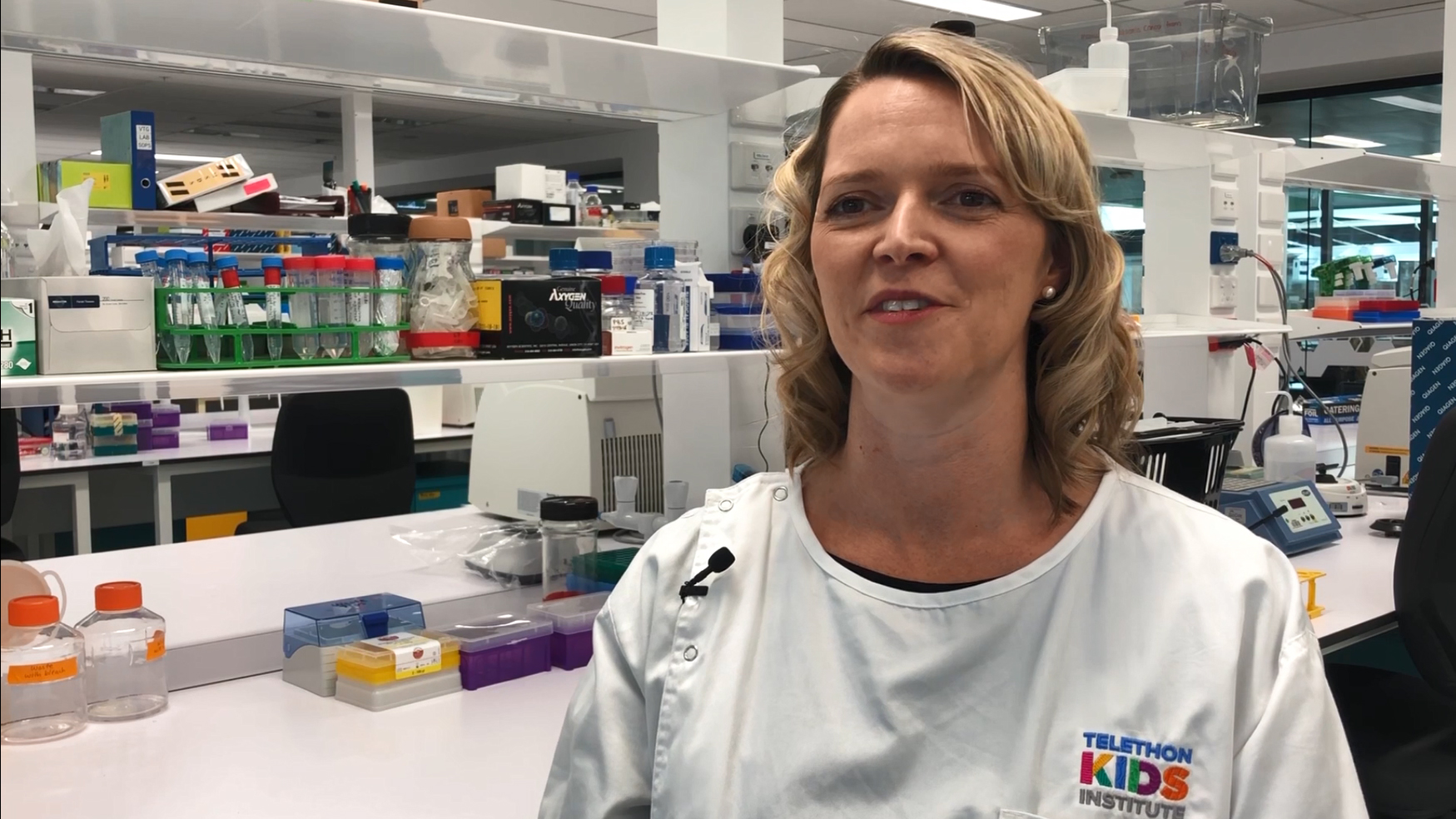Search
Showing results for "clinical trials"

Preventing over half of the world’s ear infections with a therapy such as Spritz-OM will significantly improve health and educational outcomes on a global scale.
Research
Defining Age-specific Relationships of Respiratory Syncytial Virus and Rhinovirus Species in Hospitalized Children With Acute WheezeAcute wheezing is one of the most common hospital presentations for young children. Respiratory syncytial virus (RSV) and rhinovirus (RV) species A, B and the more recently described species C are implicated in the majority of these presentations. However, the relative importance and age-specificities of these viruses have not been defined.
Research
What does better look like in individuals with severe neurodevelopmental impairments? A qualitative descriptive study on SCN2A-related developmental and epileptic encephalopathyThere are limited psychometric data on outcome measures for children with Developmental Epileptic Encephalopathies (DEEs), beyond measuring seizures, and no data to describe meaningful change. This study aimed to explore parent perceptions of important differences in functional abilities that would guide their participation in clinical trials.
News & Events
Chance to prevent asthma missedTwo Australian scientists are spearheading an international campaign that's challenging the way asthma drugs are developed and tested.
Research
Rett Syndrome: Revised diagnostic criteria and nomenclatureThe purpose of this work was to revise and clarify 2002 consensus criteria for the diagnosis of RTT in anticipation of treatment trials.
Research
Comparative analysis of outcome measures used in examining neurodevelopmental effects of early childhood anesthesia exposureThis paper reports on data from the Western Australian Pregnancy Cohort (Raine) Study to examine whether exposure to anesthetics in children younger than 3...
Research
Subcutaneous Infusion of Benzathine Penicillin G Is Acceptable and Preferred Over Intramuscular Injections for Syphilis in Western Australian Sexual Health Clinic AttendeesControlling the syphilis epidemic in Australia is a public health priority. Regular intramuscular (IM) injections of benzathine penicillin G (BPG) are the current standard of care for late latent syphilis in Australia; however, repeated IM BPG injections are painful, and treatment completion rates are low. Early-phase clinical trials have demonstrated the tolerability and safety of high-dose subcutaneous infusions of BPG (SCIP), where the total treatment dose can be delivered at a single visit. Here we describe the experiences and preferences of attendees of Western Australian sexual health clinics in the Perth metropolitan region who have syphilis and were treated with SCIP.

News & Events
Nasal spray to prevent ear infections closer to fruition thanks to major grantA nasal spray that could potentially prevent childhood ear infections and reduce antibiotic use is a step closer to clinical trials thanks to a $500,000 CUREator grant.
Research
Clinical predictors of hypoxic pneumonia in children from the Eastern Highlands Province, Papua New Guinea: secondary analysis of two prospective observational studiesPneumonia is the leading cause of death in young children globally and is prevalent in the Papua New Guinea highlands. We investigated clinical predictors of hypoxic pneumonia to inform local treatment guidelines in this resource-limited setting.
